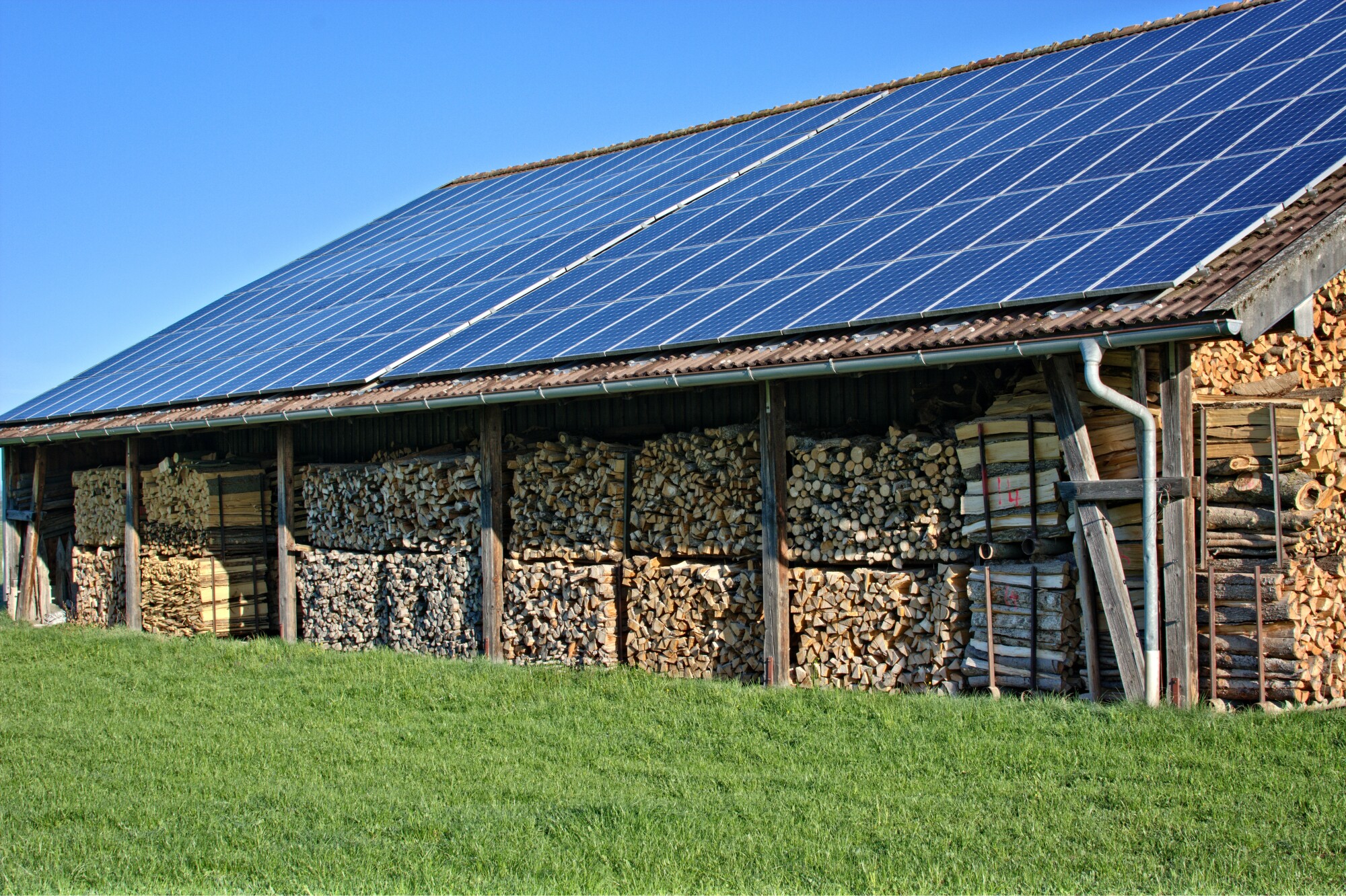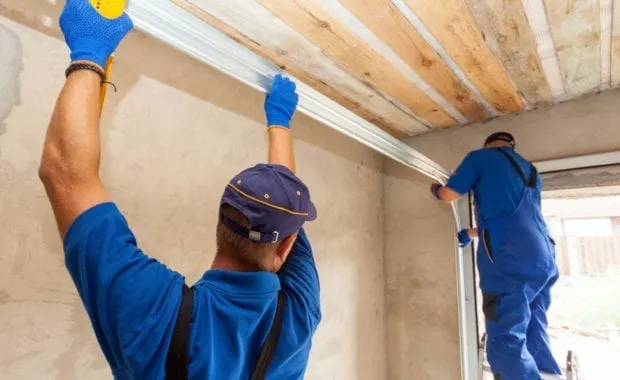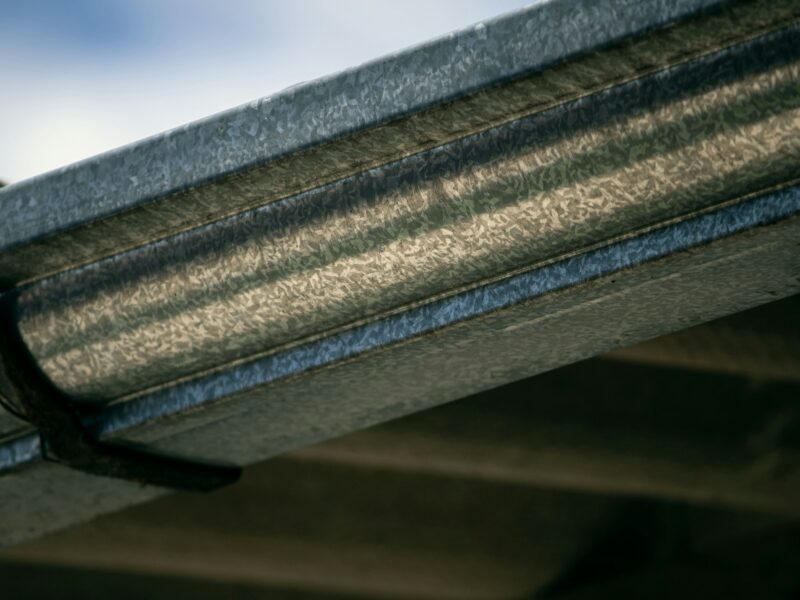Solar energy has become one of the most popular forms of green energy on the market. The ease of installation makes it a popular choice for homeowners, and energy companies can set up energy farms full of solar panels to generate a ton of energy.
That’s why it’s no surprise that 3.4 million households in the United States are now powered by solar.
But if you’re thinking of investing in solar, there are some essential things you need to consider first. Below are 11 things you need to consider if you want to see the most solar benefits from your solar panel installation.
Contents
1. Power Requirements
The first thing to consider when you purchase solar panels is the amount of power you need. What works for another house may not work for yours, so you must find an installation that fits your unique requirements.
Start by looking at your power bill to determine how much power you use. Look at your average usage over time and the highest usage during the year.
If you want to power your home entirely, you’ll need enough solar energy to meet the demand for peak periods. If you only want a partial installation, you can get by with an installation that meets your average needs.
2. Sun Exposure
Unfortunately, the energy output of solar panels won’t always be the maximum you receive. It depends greatly on the manufacturer and the direction the sun hits your panels during the day.
If you live in an area that doesn’t get great exposure, you may not have an installation that’s as effective as others. Trees can block the sunlight, which reduces the efficiency of your panels.
In the ideal case, you’ll have a clear southern exposure. This will provide the best sunlight during the day and help you get the most solar output. If you don’t have this kind of exposure, you’ll need to find the best positioning for your panels and get an installation big enough to account for the output reduction.
3. Roof Condition
Solar panels don’t work on every roof. Since they weigh a lot and need braces to stay attached to rooftops, your roof needs to be able to handle the load of a solar installation.
Make sure you get an inspection of your roof before purchasing a solar installation. An experienced home solar installation company can tell you if you can support an installation there.
If you can’t, you’ll need to purchase a new roof. Since you can do a new roof and solar panels at the same time, you can probably work with a solar installer for the job. Many of them can also handle roof installation, and you may get a good deal if you use the same company for both projects.
4. Tax Rebates
Cost is a significant concern for homeowners looking at solar panels. Yes, the price of solar panels has decreased significantly over the past several decades. But at the same time, installing them on a home still costs a lot of cash.
But the good news is that you have options to reduce the price. The government wants people to invest in green energy, so there are many tax credits available to bring down the price.
Investigate your options to see how much you can save on your installation. You can often save several thousand dollars over a few years on your tax return. If you have the cash available for an installation and are willing to wait for a return, tax credits can be the deciding factor for your decision to go solar.
5. Energy Credits
In many cases, you won’t be able to fully power your home at all times. There will be days when the sun doesn’t shine, and you won’t get any power at night. The question is, will you pay for energy out of pocket or take advantage of energy credits from the power company?
Depending on where you live, you can sell excess energy to the power grid and get credits for your power bills. These credits will reduce the rate you pay for power when your solar installation doesn’t produce enough.
Of course, some areas don’t have this opportunity, so the power you send back to the grid will be wasted. Figure out how many energy credits you’ll get to see how much you’ll save with the power you produce.
6. Buy or Leased
One of the great things about solar installations today is that they are known to be valuable. In the past, getting financing for an installation may not have been easy. But that’s no longer the case.
Many solar companies can now lease solar panels to homeowners who don’t want to pay full price. This is a great deal if you don’t have the cash to pay the entire cost.
With leased panels, you only have a monthly fee. Many companies may also offer a lease-to-own model that allows you to pay off your solar panels over time. Investigate all your options to see if buying or leasing your panels is worth it.
7. Home Insurance
Solar panels are expensive, so the last thing you want is for an accident to happen and not have insurance. In most cases, your home insurance will cover the damages — but that won’t always be the case.
Make sure you check your homeowners’ insurance policy to see what coverage you have. Today, solar panels are usually considered part of your house. That means you’ll have coverage for unexpected damage.
But if that isn’t the case with your policy, you’ll need to find other options. Ask your current insurance provider how much it will cost to add coverage for your solar equipment, or look for other insurance options.
8. Warranty
On top of being covered for cases when your solar panels suffer damage, you also need assurances when the installation doesn’t go as planned. Although everything will usually work fine, you never know when something will go wrong that will cause your solar panels not to work.
This can be because of labor errors or manufacturing defects. In both cases, you need a warranty available to cover the problem. Without one, you risk needing to pay for things again.
A company that stands by its work will have no problem covering issues when they arise. Get information about the warranties offered for labor and product issues. Ensure they align with industry standards to ensure you’re covered for problems.
9. Battery Power
You may be unable to eliminate your power costs entirely if you don’t have energy credits. In cases like this, you may still have a hefty bill each month.
But that won’t happen if you invest in a battery system. Instead of sending energy to the power grid, you send it to your battery system for collection.
Once your solar panels stop producing enough energy, your home will draw enough power from your batteries. Although installing these systems will have extra costs, they will reduce your bills further if you don’t have energy credits for your current system.
10. Solar Installer
Finding a reputable solar installer is key. There are many building regulations, and if your provider installs things the wrong way, it can lead to project delays when they need to do things again.
Look for great local installers that know your local rules and can do the job right. Check online reviews to see which companies other homeowners use and reach out to the highest-rated ones you find.
Click here now to see what a reputable solar installer looks like.
11. Maintenance
Although you won’t need to do much maintenance on your solar panels, there is some required. Some of this you can handle yourself.
At a minimum, you need to make sure your solar panels are clear of debris. When stuff covers your panels, drawing and converting energy is harder for them. Regular cleaning will increase sun exposure and help your panels work correctly.
You’ll also need a tune-up now and again. Ideally, work with the solar installer that handled your installation. They know your system and will be able to keep it running efficiently.
Investing in Solar Is Worth the Money
You’re making a big decision when you decide to invest in solar. Even though solar prices have dropped a lot, you’ll still pay thousands to get an installation done.
That’s why investing in solar isn’t a decision to take lightly. While it’s an excellent choice for many people, you may have unique circumstances that drive up the cost. But now that you understand what to consider when buying solar panels, you can better determine if investing in solar power is right for you.
If you found this post useful and want to learn more about home improvement, head back to the blog. You’ll find more guides that will help you make future improvements to your house.



